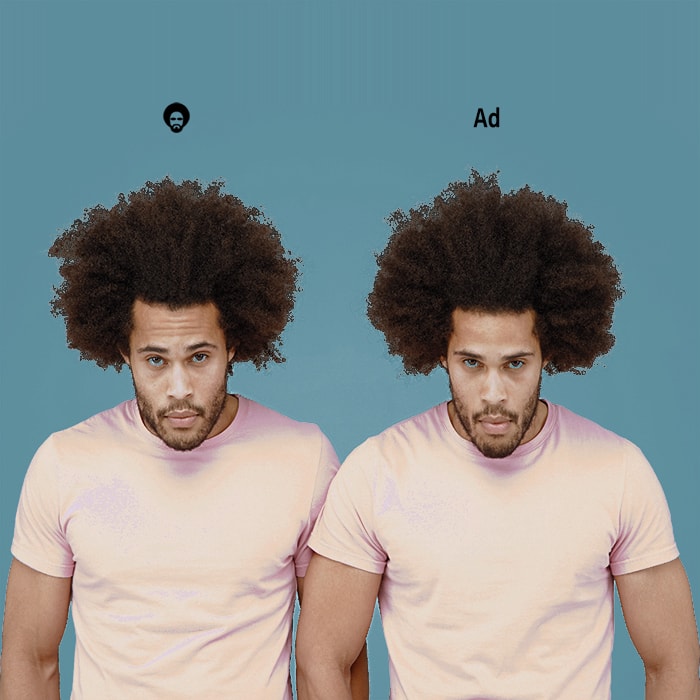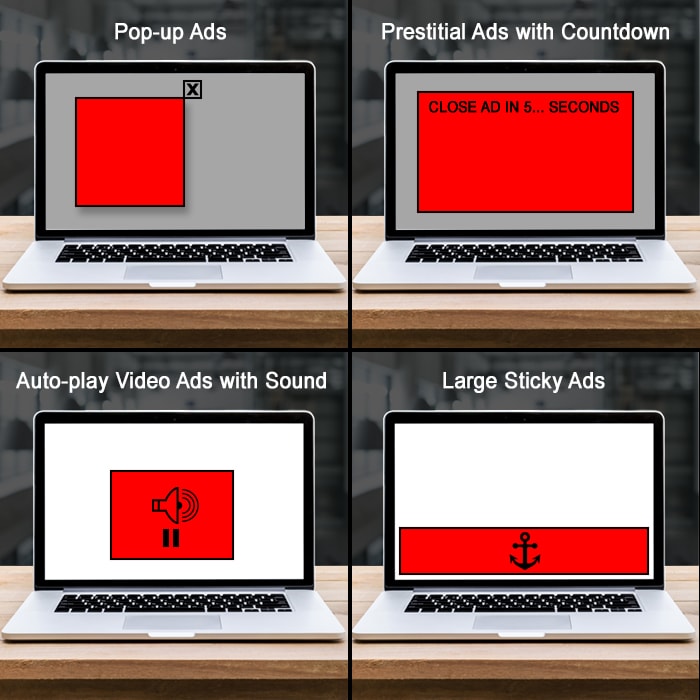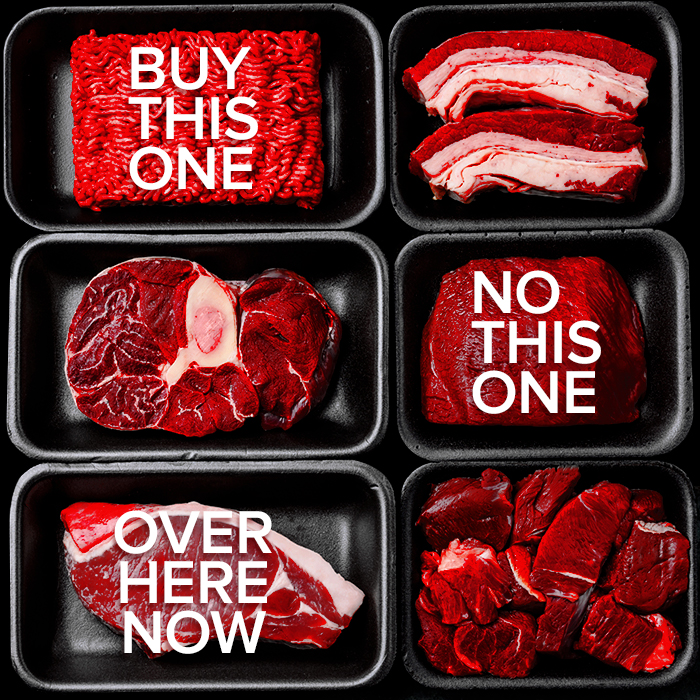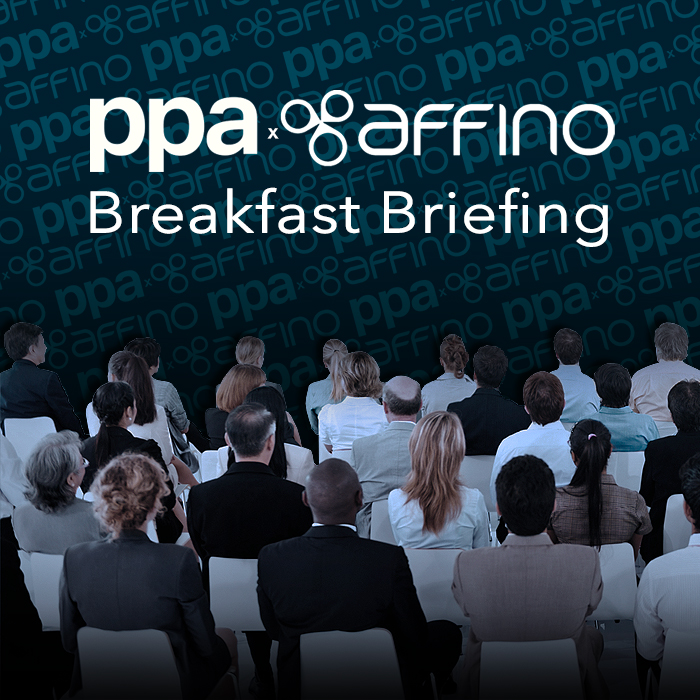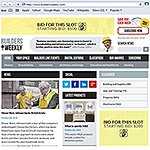Google's Advertising Model and other similar Programmatic Advertising is Now Seriously Under Threat

Most of you will be very aware how in recent days Google and YouTube have come into significant criticism for enabling branded advertising to appear on extreme / extremist sites, as well as extreme/ist advertising to appear in turn against branded content. This includes having your ads show up on politically extremist sites like Breitbart, or otherwise having extremist and insensitive advertising show up alongside your own carefully curated branded content - for instance as a pre-roll ad on one of your YouTube videos.
With most systems of automated advertising, there simply aren’t sufficient checks and balances to filter out undesirable scenarios and consequences. Even in traditional print media, the odd rogue ad slips through the system, but it’s a much rarer occurrence as most of the checks and balances are still manual. With a fully automated systems of advertising - the advertiser can game the system to get their potentially extremist ads onboard, and even load in keywords that make those ads appear against what might be deemed unsuitably connected / targeted branded content. By the same token, extremist site owners can structure their content in such a way to encourage the assignment of certain types of advertising. In both examples the advertising can be and is being used to fund extremism and terrorism. For Brand Strategists and Marketeers, the danger here is one of brand reputation management - for any junior marketeer knows the importance of brand context and association. There’s also the increasingly complex subject of ethics and corporate social responsibility.
You put your carefully built up and curated brand alongside suspect advertising, and you do real damage to your brand equity and consumer perception. As a result, we have already seen several pressure group campaigns compelling brands to boycott certain media sites - like Breitbart, but matters have escalated more recently with a number of the world’s leading brands and advertising agencies actually boycotting Google and YouTube entirely - this includes serious advertising heavyweights L’Oreal, O2, McDonald’s, M&S, Tesco, Toyota, Volkswagen and the UK Government.
One of the main purposes of programmatic advertising is the easy and fluid distribution of ads across thousands of resources - and pretty much in the blink of an eye; also the ability to equalize an ad inventory to maximise profitability for the network = Google of course, as well as the advertiser and media owner.
This new movement towards increased accountability and targeting control is a huge game changer for the online advertising industry as it totally calls into question many of the key principles of those automated technologies. We ourselves have long called for more native control and accountability of and in advertising - including monitoring and filtering out of potential malware, as well as means for dealing with insensitive and unsuitable advertising - unsuitable both in terms of actual content, but equally potential mis-targeting and mis-placement.
The vast majority of our own Clients maintain a policy of native onsite advertising - where the banners displayed on their sites are properly vetted, targeted and controlled by actual advertising personnel. There is still the odd DoubleClick campaign out there - with all the already highlighted Google dangers intact, but most likely those Clients will now be compelled to adapt too.
Recent years have seen huge investment and efforts put into programmatic advertising and the full automation of ad setup and delivery. In light of these massive challenges and paradigm shifts we are now seeing, the core principles of these technologies are being unravelled. Big brands need fine control over what gets viewed alongside their various brand assets, which has to mean more checks and balances - essentially more manual control.
This is the most significant game-changer we have seen in Internet advertising since its birth, and the repercussions have yet to be fully calculated or felt - this is even more significant than ad-blocking as this cuts off advertising at source. It will not only impact on how advertising is delivered online, but how various ad-supported businesses will function in the future. Of course the Affino platform has its own native solutions for dealing with all these scenarios - and still maintaining revenues and income streams. It will be most interesting to see though how other people go about dealing with this, and how exactly Google will respond to these challenges itself ...

Did you find this content useful?
Thank you for your input
Thank you for your feedback
Upcoming and Former Events
Affino Innovation Briefing 2024
Webinar - Introduction to Affino's Expert AI Solutions - Session #2
Webinar - Introduction to Affino's Expert AI Solutions - Session #1
PPA Independent Publisher Conference and Awards 2023
Meetings:
Google Meet and Zoom
Venue:
Soho House, Soho Works +
Registered Office:
55 Bathurst Mews
London, UK
W2 2SB
© Affino 2024













